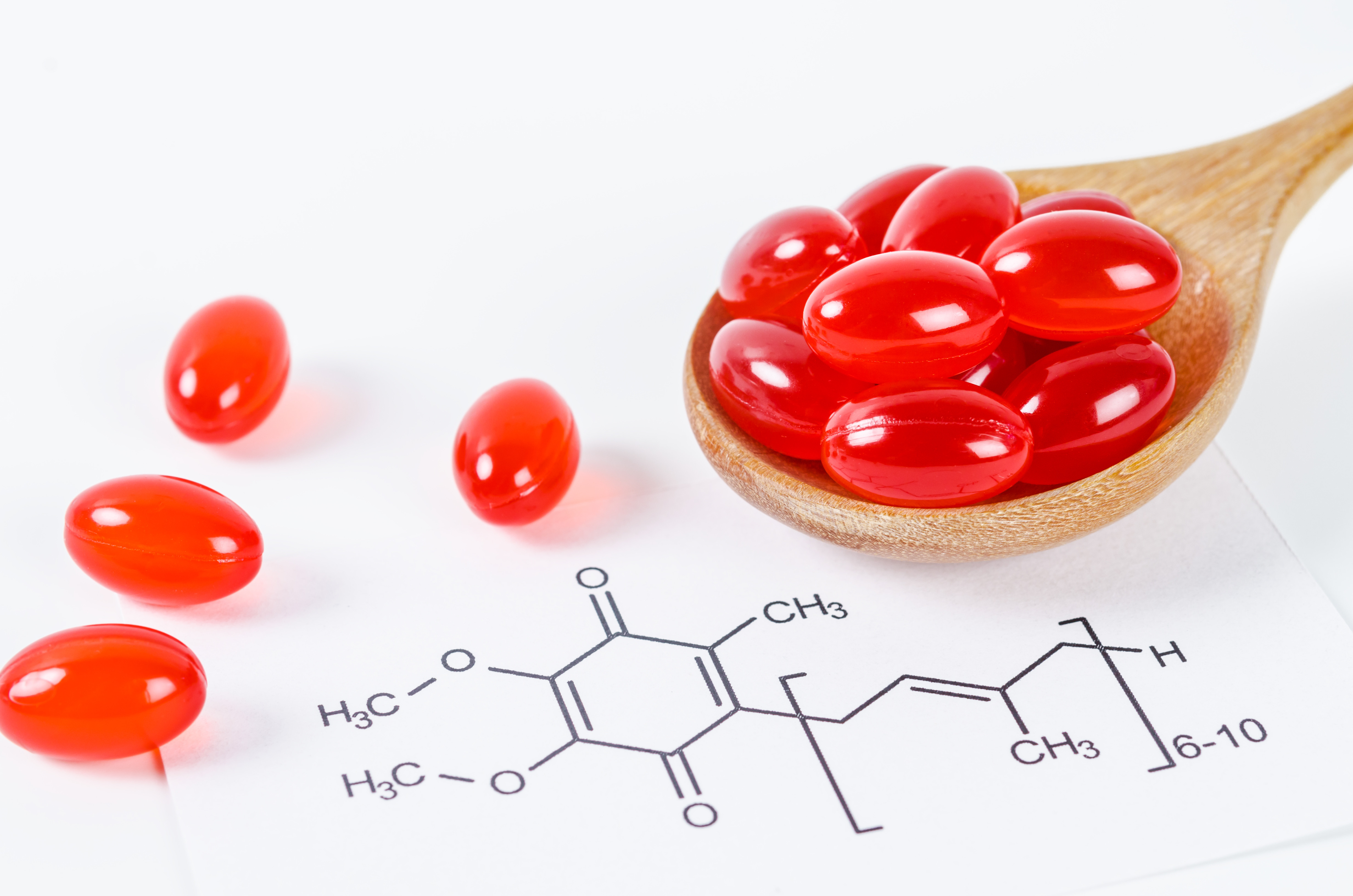Beef Tallow: Health Boon or Bust
FDA Warns Against “Gas Station Heroin” Tianeptine
Hidden Risks of Supplements and Serotonin Syndrome
Counseling Patients on Coenzyme Q10
New CE: Supplements for Osteoarthritis: An Evidence-Based Approach
Watch out for Undeclared Drugs in Supplements
NatMed Platform Upgrade
Counseling Patients on Coenzyme Q10
July 2025Patients might have questions about coenzyme Q10, as it’s increasingly touted for various health benefits. Help explain when it may and may not help.
Statin intolerance will come up, due to theories that statin-induced muscle pain and weakness might be related to lower coenzyme Q10 levels. Some believe that taking a coenzyme Q10 supplement might limit these side effects without affecting the cholesterol-lowering effects of statins. Explain that clinical data evaluating this theory are conflicting – not all studies show benefits. For patients who want to give it a try, suggest taking a supplement for 30 days – if symptoms don’t improve by then, it likely won’t help.
You’ll also likely get questions about migraines. Meta-analyses of small clinical trials show that taking coenzyme Q10 daily reduces migraine frequency and severity in adults. The American Academy of Neurology considers coenzyme Q10 to be possibly effective for migraine prevention in adults – doses of 100-400 mg by mouth daily have been used in clinical trials. But it’s not clear if it offers the same benefits in kids.
And anticipate questions about athletic performance – there’s some buzz about this online. Explain that this is related to evidence that exercise can deplete coenzyme Q10. But clinical research doesn’t support that taking a coenzyme Q10 supplement to prevent depletion makes any difference in athletic performance.
Check out our recently updated monograph for more details.
